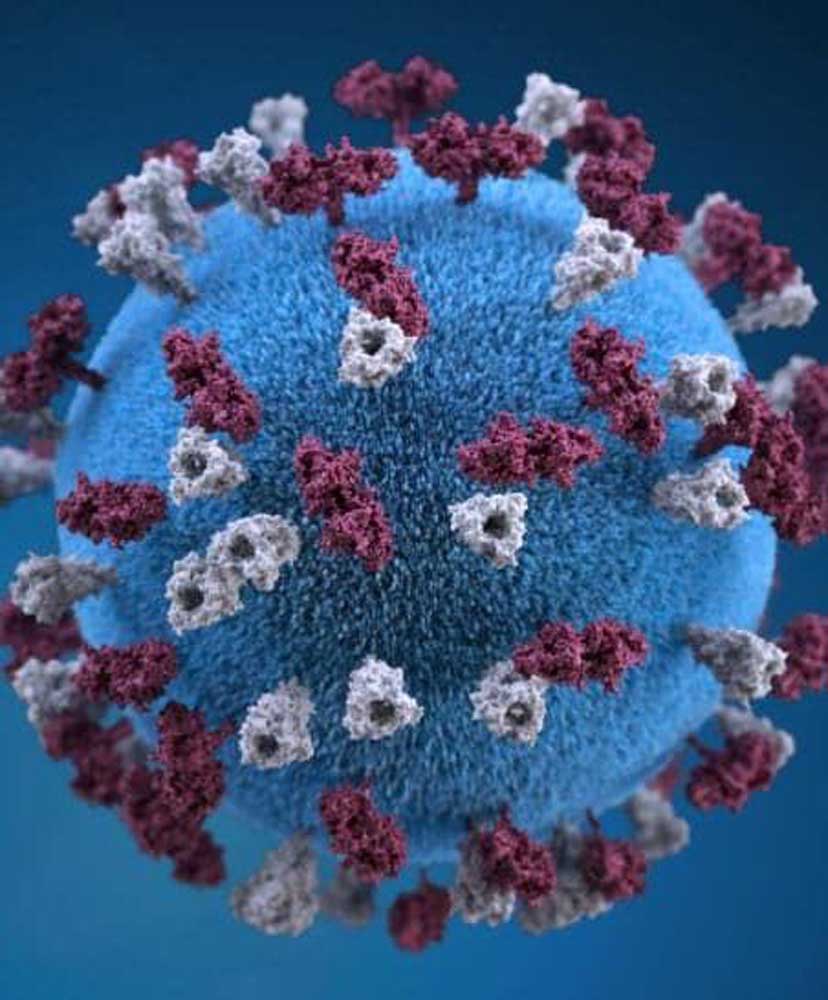Commentary: Tesla’s manufacturing ‘hell’ won’t slow down electric cars
Published 12:00 am Monday, April 16, 2018
Having more orders than you can fill is generally deemed a high-class problem. Despite demand for 400,000 of its Model 3, Tesla is proving otherwise, and that’s a problem for investors, not to mention the future of electric vehicles.
The Trump administration is dialing back regulations that locked carmakers into improving average fuel efficiency to 54.5 mpg for cars and light-duty trucks by 2025. The Environmental Protection Agency, under its administrator, Scott Pruitt, is also looking to review California’s authority to impose stricter pollution rules, a move that prompted a blistering response from the California Air Resources Board’s chairwoman, Mary Nichols. “This is not a technical assessment,” she said. “It is a move to demolish the nation’s clean-car program.”
President Donald Trump claims that companies overestimated demand for highly efficient cars such as fully electric vehicles. Consumers’ initial rush to own Tesla’s Model 3, with current pricing starting around $50,000, certainly belies that claim.
What Tesla overestimated was the number of EVs it could produce. Tesla’s inability to ramp up production has created a cash crunch and a crisis of confidence for a company valued at $45 billion, or about as much as Ford Motor Co.
Although valued similarly, there are vast differences between the companies. Ford sold 6.6 million vehicles last year, some 64 times Tesla’s sales of 103,000. Ford earned $7.6 billion, which the market found disappointing. Tesla lost $2.24 billion on sales of $3.3 billion, which the market shrugged off, at least until recently. That tells you how the stock market values the future of both companies and of EVs in particular.
It’s not a belief that’s universally held. For at least a year, there has been open warfare between the Tesla believers and the Tesla skeptics and short sellers. The believers see the advance orders for the Model 3 as testimony to the company’s disruptive brilliance. The Tesla shorts — investors who bet against the stock — see the company as an automotive Ponzi scheme.
Yet you want to believe that Musk can pull this off. He rescued Tesla once before, when the company was days away from running out of cash. And in SpaceX, Musk has proved that he can run a highly sophisticated private spacecraft company.
Tesla can’t seem to run an auto production line, something that the Detroit auto companies that Musk mocks are very good at. Ford can knock out millions of fenders and hoods in its stamping operations with absolute certainty and to tight specifications.
Tesla is operating out of a former GM/Toyota joint venture plant, which produced more than 400,000 cars annually at its peak..
This week, the company announced that it had bumped production up to 2,000 Model 3s over seven days. That’s still short of its short-term goal of 2,500 Model 3s a week.
But Tesla’s troubles, and the Trump administration’s ludicrous logic, won’t stop the expanding consumer interest in EVs. Global sales of EVs, pushed by tougher air quality regulations in California and around the globe, are notching sales increases nearly every month.
Diesel is dying; the gasoline internal combustion engine may soon follow. The administration’s latest assault on the environment and our lungs rests partly on the premise that deregulation will make Detroit more competitive. It will do the opposite.
When regulation forces an industry to invest in leading-edge technologies, that industry often gains a competitive advantage.
European car companies have made huge commitments to electrifying their fleets. BMW just announced an entire new series of electric cars. Volvo, which is opening its first U.S. plant this year, has already signaled its all-electric future.
Volvo is owned by China’s Geely, and don’t underestimate the significance. China could become the next California when it comes to fuel economy and emissions. It’s already the top market for plug-ins, and as the world’s largest car market, China can make global manufacturers bend to its regulations.
If American companies fail to keep up technologically, the domestic auto industry will resemble the 1980s all over again, when Detroit ignored fuel economy to build gas-guzzler SUVs because they were so profitable. When oil spiked again, the Big Three went into a decline that would not end until taxpayers ultimately paid the price in a huge bailout.
That’s why it matters that Musk gets Tesla back on the road. With the success of the Model S, he’s proven the concept commercially and technically.
Auto companies are still free to make monster SUVs, but if they don’t continue to improve efficiency, there’s a real risk they’ll find companies like Volvo and BMW speeding past them. That doesn’t enter the thinking of Trump and Pruitt in their shortsighted attack on our health in the name of deregulation. Car buyers love their SUVs; they love their planet and their lungs, too. There’s no reason to trade one for the other.
— Bill Saporito is a member of the New York Times editorial board.








